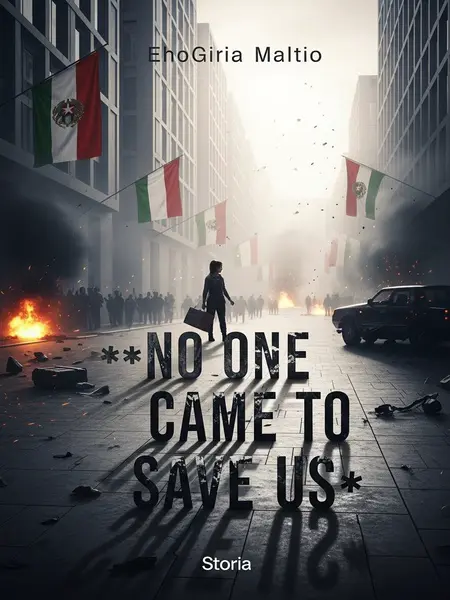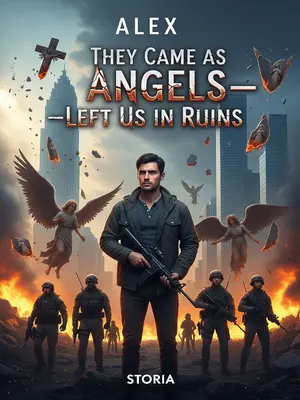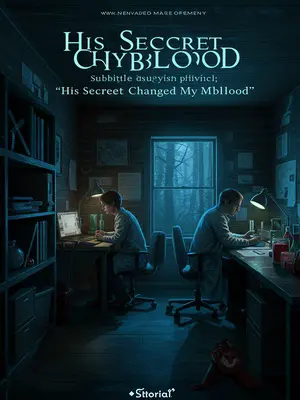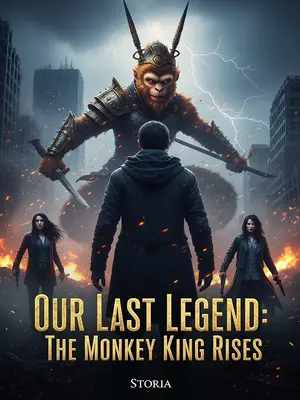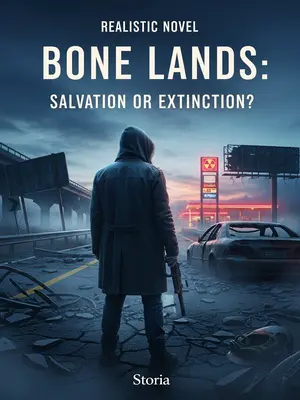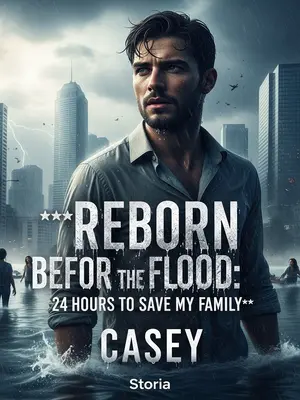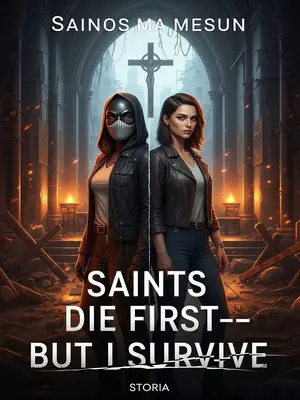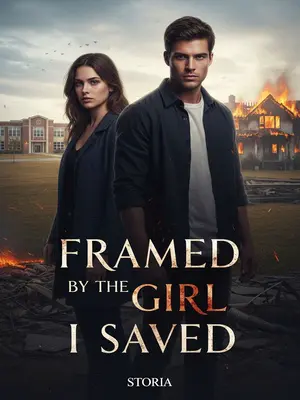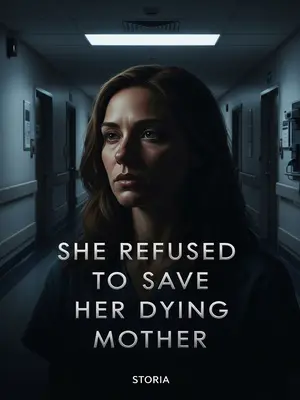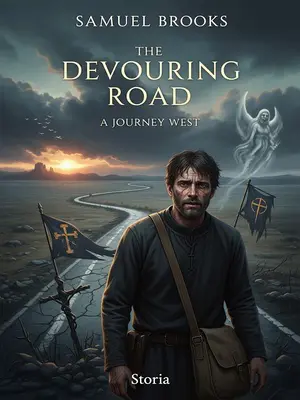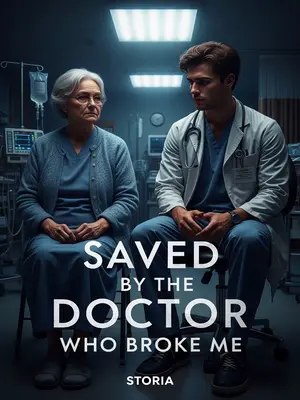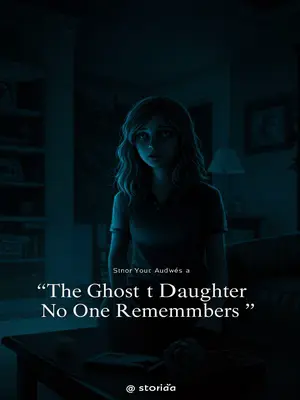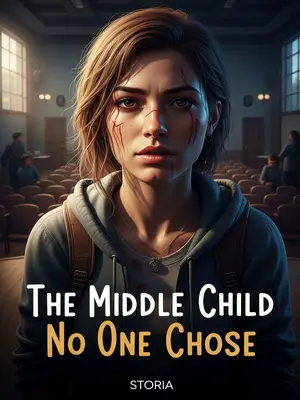Chapter 2: The Happy Olympics Turns Dark
In 1972, the 20th Olympic Games were held in Munich, West Germany.
The summer air in Munich buzzed with excitement. Athletes from every corner of the globe paraded through the city, German beer gardens overflowed with laughter, and flags from every nation flapped outside the Olympic Village. American families gathered around their TVs in the evenings, cheering for their favorites, swept up in the hope and spectacle of global unity.
At 4:10 a.m. on September 5, eight men armed with heavy weapons scaled the fence and slipped into the Olympic Village.
The predawn stillness was broken only by the distant hum of street sweepers and the soft glow of security lights. The eight shadowy figures moved with cold purpose, their breaths visible in the early morning air. The world slept, blissfully unaware of the storm about to break.
The theme of these Olympics was the “Happy Olympics,” but security was virtually nonexistent.
Organizers wanted the games to be open and friendly, but it left the place wide open—like a backyard barbecue with the gate left swinging. Guards lounged at their posts, focused more on appearances than safety. American viewers couldn’t help but see the irony: the so-called "Happy Olympics" had forgotten the basics—like keeping people safe.
All eight intruders belonged to Black September, a notorious and radical Palestinian militant group.
The American press seized on the name, repeating it with a chill. For most viewers, it was the first time they’d heard of Black September, but soon, everyone would know it. News anchors struggled to pronounce it as they relayed the group’s background to a stunned public.
Their goal was explicit: to participate in the Olympics—on their own terms.
This wasn’t just about bloodshed, but about forcing the world to look. The militants wanted a stage as big as the Games themselves. In sports bars across America, old-timers grumbled about the sanctity of competition, while younger viewers wondered what could drive men to such an act.
Previously, the Palestinian Youth Federation had twice applied to participate in the Games, but got no response.
The backstory, trickling through news wires, made things even murkier. In the U.S., the idea of being shut out struck a nerve, but violence as a solution was unthinkable.
Yet their sworn enemy, Israel, could participate openly and with honor—a public humiliation to the Palestinians.
Talk radio hosts fielded angry calls, and op-eds filled the Sunday papers with outrage and fear. In Jewish neighborhoods from New York to Miami, families watched the coverage with dread, feeling the pain of being targeted simply for who you are.
Black September’s leader, Iyad, issued a chilling statement: "If they refuse us, why shouldn’t we participate in our own way?"
TV anchors read the quote aloud, and it echoed in American living rooms—a perverse logic that twisted the spirit of sportsmanship. The phrase became infamous overnight.
These eight were the "athletes" they chose, driven by desperate terrorist resolve.
On screen, faces were blurred or hidden behind balaclavas, but the world sensed their grim determination. They didn’t want medals—they wanted to make history, no matter the cost.
After scaling the fence, they headed straight for Apartment 31, home of the Israeli delegation.
The Olympic Village, usually alive with post-competition chatter and late-night games, was eerily quiet. The path to Apartment 31 seemed chosen with chilling precision. Americans at home couldn’t help but wonder what they’d do if terror came knocking in the dead of night.
At that moment, Israeli wrestling referee Gerald Franklin, asleep on the second floor, heard a commotion outside his door.
Tension built on the screen, like a real-life horror movie. Franklin, famous for his booming laugh and love of corned beef sandwiches, was ripped from his dreams into a nightmare.
He got up to investigate, and as soon as he reached the door, he saw a group of masked men with submachine guns ready to break in.
Every American instinct kicked in—grab something heavy, block the door, call for help. Franklin’s heart pounded as he saw those black-clad intruders, guns raised. There was no time for panic.
Sensing immediate danger, Franklin braced himself against the door and shouted, "Run! There are terrorists!"
His shout split the silence like a siren. Down the hall, footsteps scrambled—teammates jolted awake. It was the kind of warning that echoes in nightmares, chilling even the sunniest day.
Franklin, a burly man over 280 pounds, managed to hold the terrorists at bay for a moment.
Every muscle screamed, but he thought of his wife back home and the promise he’d made to come back safe. For precious seconds, he was a wall, using every ounce of strength as the terrorists hammered at the door. Viewers everywhere clenched their fists, silently rooting for him, as if sheer will could stop bullets.
This bought precious time for weightlifting coach Mark Silver, who smashed a window and escaped.
Glass exploded onto the lawn, waking neighbors and sending up a flurry of panicked shouts. Silver hit the ground running, adrenaline burning in his veins. Later, he’d say he didn’t feel the cuts on his arms until hours later, the fear was so thick. Parents across America whispered to their kids, “That’s why you always have to think on your feet.”
But Franklin was quickly overpowered.
Despite his strength and courage, one man could only hold out so long. The terrorists burst through, pinning him down. His defiance bought his friends a few moments of hope—a thin shield against the darkness.
In another room, wrestling coach David Weinberg was shot through the mouth but survived, and was forced to lead the terrorists.
Blood bubbled at his lips, but he grit his teeth, refusing to give them the satisfaction of a scream. Weinberg staggered, blood pouring from his wound, but somehow stayed on his feet. He’d spent a lifetime pushing athletes to dig deep, and now he was forced to draw on every last reserve of grit. The brutality left viewers shaken; this was violence up close, not sanitized for TV.
Weinberg deliberately bypassed Room 2 and led them to Room 3.
His quick thinking was a small act of rebellion—a coach’s instinct to protect his people. He moved as if dazed, but his mind raced, calculating the odds, hoping for a miracle. News commentators speculated endlessly about his motive, his courage, his silent defiance.
Room 2 housed the shooting athletes, while Room 3 housed the wrestling and weightlifting athletes—maybe Weinberg thought the stronger athletes had a better chance to resist.
For American viewers, it was the stuff of legends—sacrificing himself to save others. The idea that strength could overcome guns gave a brief glimmer of hope, the kind every parent clings to in the face of danger.
But against gunfire, muscle was useless.
Reality crashed in. The wrestlers and weightlifters, men who’d trained their whole lives to push past limits, were powerless against cold steel and automatic weapons. It was a lesson in helplessness that stuck in the American psyche long after the footage faded.
Romano in Room 3 resisted and was killed; his body was then brutally desecrated. The other athletes became captives.
The details were too gruesome for many to bear. In synagogues and community centers, candles were lit and prayers whispered. Romano’s defiance became a last, desperate stand—a sliver of dignity amid horror.
Seeing his plan fail, Weinberg seized another chance to resist, but was shot in the head.
The gunshot echoed in the corridor, a final punctuation to his bravery. For a moment, the world seemed to stop. His resistance, though ultimately futile, was honored in later retellings as the act of a true hero.
His resistance, however, created chaos, allowing one person to escape.
Amid the chaos, a single figure darted out, barefoot and wild-eyed, disappearing into the darkness. Survivors later said it was as if an angel had cleared a path. Even in tragedy, there were flickers of hope—stories of luck, bravery, and the will to survive.
The terrorists seized full control in just 25 minutes.
The swiftness left everyone reeling. In less than half an hour, lives were shattered, families changed forever. The realization sank in: safety was an illusion, even at the world’s happiest event.
Two dead, nine taken hostage.
Numbers flashed across the TV—cold, clinical. But behind each digit was a son, a father, a teammate. The country grieved, even those who’d never heard of these athletes before.
Meanwhile, security personnel in the Olympic Village, even after hearing gunshots, remained indifferent, thinking it was just fireworks from a late-night celebration.
The sound of distant pops wasn’t out of place after a big win, and the relaxed attitude of the guards stung viewers at home. It was a classic case of complacency—one that Americans would later point to as a cautionary tale at every airport security line.
Not until 20 minutes later did an unarmed security guard come to investigate.
When the guard finally wandered over, hands shoved in his pockets, the gravity of the situation hadn’t sunk in. The delay would become a bitter point of criticism, debated on news programs and in letters to the editor for weeks.
He found a masked terrorist crouched at the apartment door and asked, "What are you doing?"
The naiveté of the question would later be dissected endlessly. How could anyone not know what was going on? In America, it would become the butt of jokes and the centerpiece of outrage.
The terrorist ignored him completely. Only then did the security guard realize something was terribly wrong and called the police.
His call was late, but finally set off the alarms that should have blared much earlier. In the retelling, this was the turning point—a single call that might have come too late to change anything.
Around 5 a.m., the police arrived, still clueless.
Squad cars rolled up, red and blue lights painting the village in nervous color, but the officers moved like they were stepping into someone else’s nightmare. Local officers milled about, swapping nervous glances, radios crackling with confused chatter. Onlookers wondered aloud if anyone was in charge.
The apartment also housed the Uruguayan and Hong Kong delegations, who had already escaped; only the 11 Israelis remained unaccounted for.
The other delegations’ quick escape underscored the chaos. Meanwhile, American athletes and coaches huddled in their own apartments, locking doors and whispering prayers, feeling their own vulnerability.
It was clear the Israelis were the target.
No one had to say it aloud. The sight of the Israeli flag outside Apartment 31 made the motives all too clear. In Jewish communities from Boston to L.A., fear and fury rose in equal measure.
Sure enough, the terrorists issued their demands: release 234 Palestinian prisoners held in Israeli jails, or they would execute one hostage every hour, with a final deadline of 9 a.m.
The terms were stark, the threat chilling. The idea of a ticking clock, of lives measured in minutes, became the drumbeat of every news update. Parents hugged their children a little tighter that morning.
To underscore their threat, they threw Weinberg’s body out as a warning.
The sight was seared into memory. News footage was carefully edited for American audiences, but the horror couldn’t be hidden. It was a message that needed no translation—cruelty made plain for all to see.
News reached Israel, and the world waited: Would the Israeli government release the prisoners, or let the hostages die?
Speculation ran rampant. Talk shows filled the airwaves, callers voicing every opinion. Would America do the same? What price was too high to pay for a single life?
